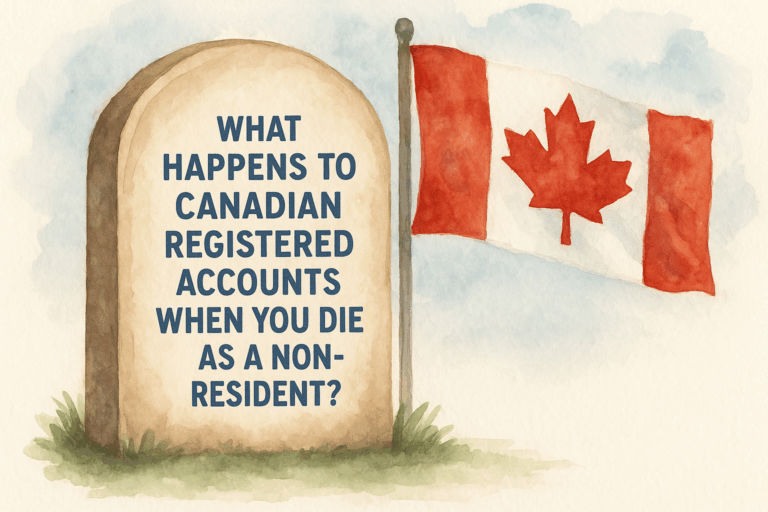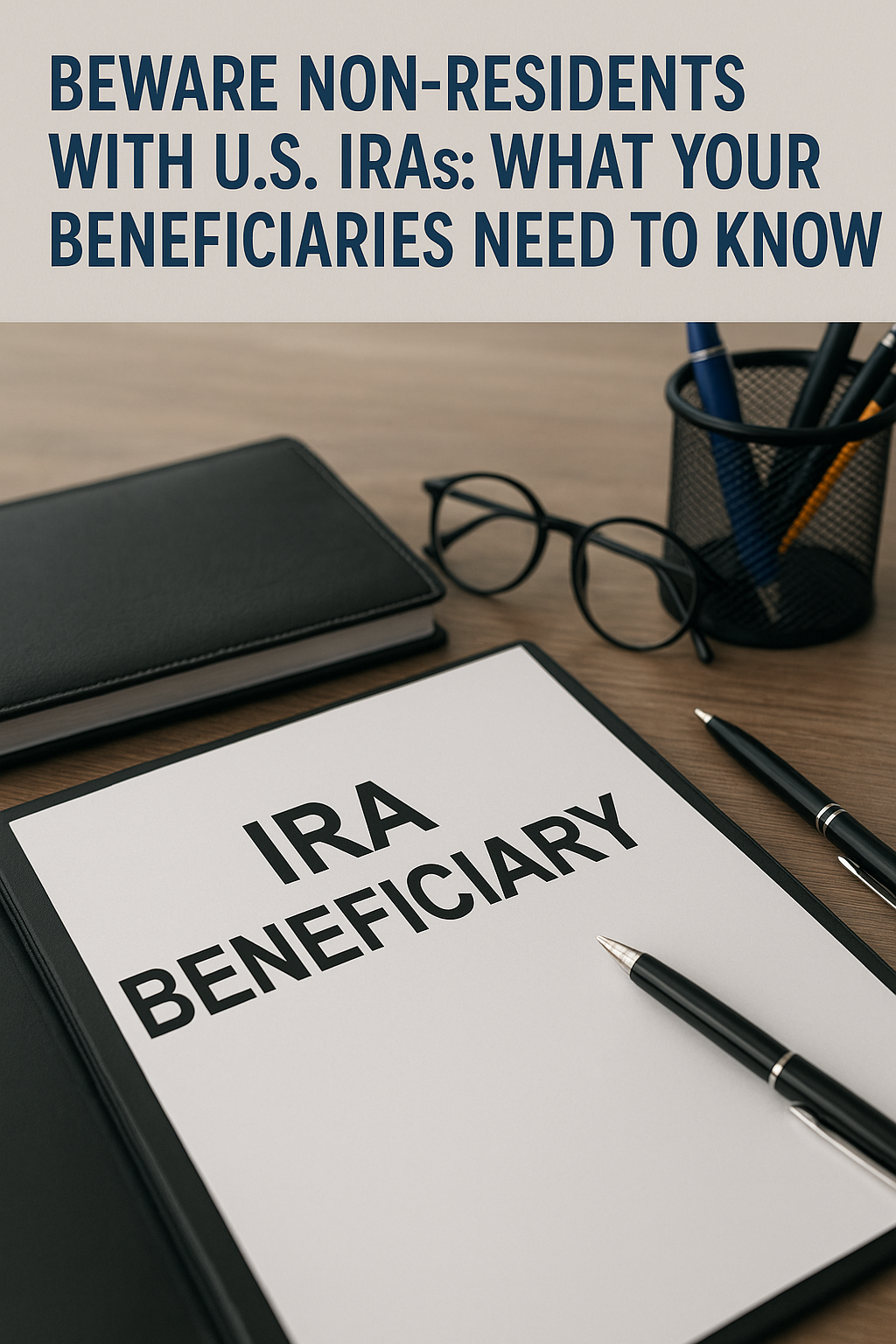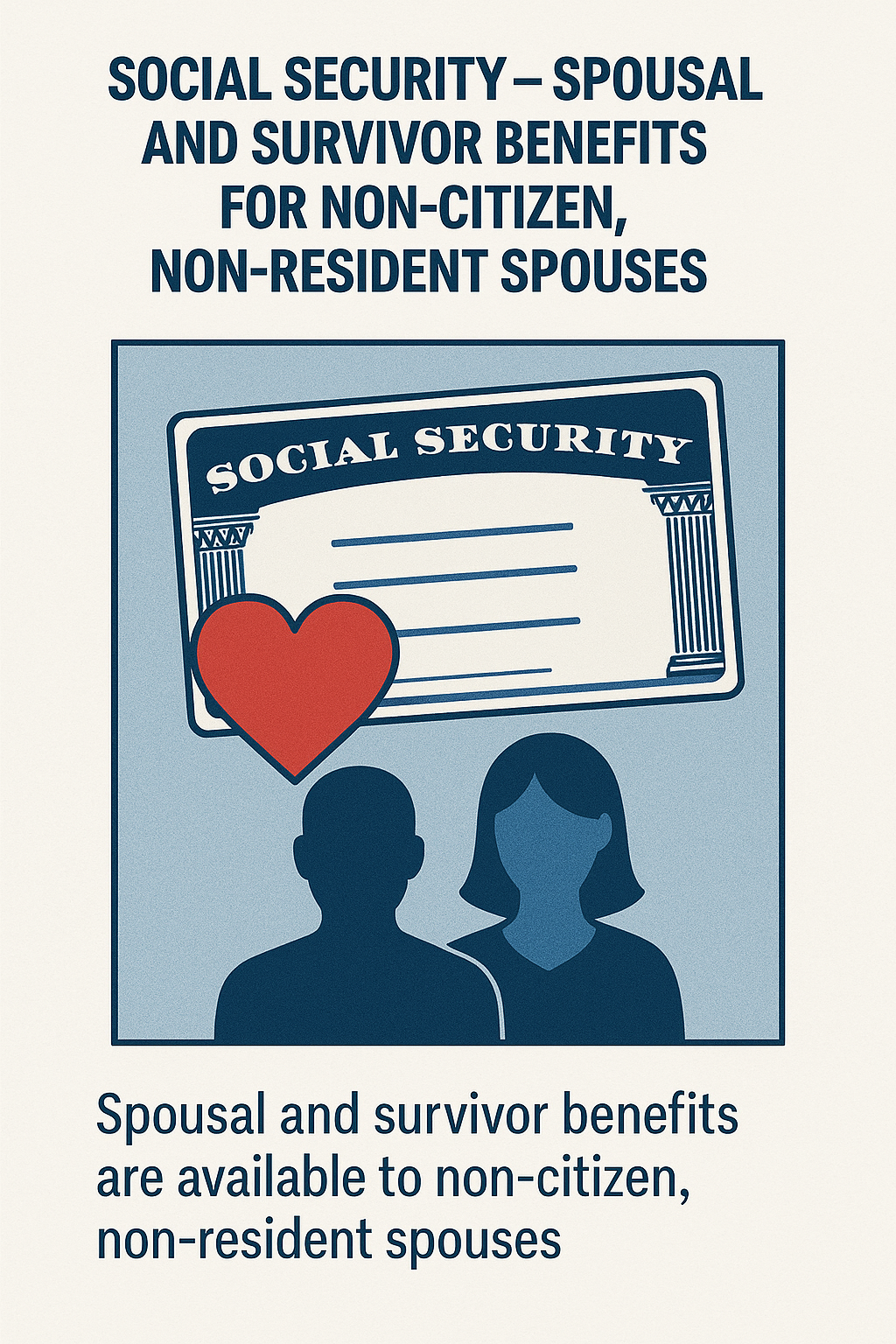 alt="vacant home tax for Toronto" width="1120" height="1120" />
alt="vacant home tax for Toronto" width="1120" height="1120" />
Vacant Home Tax for Toronto:
Imagine owning a prime Toronto property that sits empty for most of the year—while you pay extra taxes simply because your home isn’t occupied. For many property owners, especially those managing investment real estate or maintaining a second home, understanding Toronto’s Vacant Home Tax is crucial. This comprehensive guide will explain what the tax is, who is affected, and how you can navigate the rules to minimize your tax burden while staying compliant.
At 49th Parallel Wealth Management, we specialize in cross-border financial planning between Canada and the United States. We work with individuals and investors who need tailored advice on managing their assets in dynamic markets. In this article, we’ll break down the key aspects of Toronto’s Vacant Home Tax and offer actionable steps for property owners to ensure smart, tax-efficient decision-making.
What is the Vacant Home Tax for Toronto?
Vacant Home Tax for Toronto is a municipal levy imposed on owners of properties that remain unoccupied for the majority of the year. The purpose of the Vacant Home Tax for Toronto is to encourage property owners to put their vacant properties on the rental market, thereby increasing the city’s housing supply. The tax could also bring in needed revenue for affordable housing options under the Housing TO plan.
-
- How It Works:
The Vacant Home Tax for Toronto is calculated as a percentage of the property’s assessed value. While the specific rate may vary from year to year, property owners should expect to pay a significant annual charge if their home remains vacant. Properties issued a bill for the 2022 and 2023 taxation years, were taxed 1% of the property’s Current Value Assessment. Beginning with the 2024 taxation year, the Vacant Home Tax for Toronto rate was increased to 3% of the Current Value Assessment.
- How It Works:
-
- Who is Subject:
Typically, any property not occupied for a specified portion of the year is liable for the tax—unless it meets certain exemptions. For example, if you own a luxury condo in downtown Toronto that remains empty for more than 180 days in a year, you could face a considerable Vacant Home Tax for Toronto bill unless you qualify for an exemption.
- Who is Subject:
Determining Vacancy: Key Criteria and Exemptions
Understanding whether your property qualifies as “vacant” under the tax rules is critical. The City of Toronto considers several factors:
-
- Primary Residential Ties:
-
- A permanent home is deemed occupied if it is used as the primary residence by the owner or their family.
-
- Primary Residential Ties:
-
- Usage Requirements:
-
- The property must be unoccupied for a specified number of days (usually more than 180 days) within the tax year to be considered vacant.
-
- Usage Requirements:
Exemptions
Certain properties are exempt from the Vacant Home Tax, including:
-
- Owner-Occupied Homes:
-
- If the property is used as the owner’s primary residence, it is typically exempt.
-
- Owner-Occupied Homes:
-
- Properties Under Renovation:
-
- Homes undergoing significant repairs or renovations may be exempt if they cannot be occupied.
-
- Properties Under Renovation:
-
- Temporary Absences:
-
- If the absence is due to work and the property is still maintained as a residence, exemptions might apply.
-
- Temporary Absences:
It’s essential to review the City of Toronto’s guidelines or consult with a cross-border tax expert to understand which exemptions you may qualify for.
Impact on Property Owners and Financial Planning Considerations
For property owners, the Vacant Home Tax for Toronto can significantly affect cash flow and investment returns. Here’s what you need to consider:
-
- Increased Annual Costs:
-
- The Vacant Home Tax for Toronto can add a substantial cost to property ownership, particularly for high-value homes.
-
- Increased Annual Costs:
-
- Investment Strategy Adjustments:
-
- Owners might need to explore renting out the property or selling it to avoid the Vacant Home Tax for Toronto, which can impact long-term investment strategies.
-
- Investment Strategy Adjustments:
-
- Cross-Border Implications:
-
- For non-resident investors or those with ties to both Canada and the U.S., navigating this Vacant Home Tax for Toronto adds another layer of complexity to your financial planning.
-
- Cross-Border Implications:
At 49th Parallel Wealth Management, we help you integrate these considerations into a comprehensive financial strategy, ensuring that your real estate investments are both tax-efficient and aligned with your broader financial goals.
Actionable Steps for Navigating the Vacant Home Tax for Toronto
To effectively manage the implications of Toronto’s Vacant Home Tax, consider the following steps:
-
- Assess Your Property’s Usage:
-
- Review your property’s occupancy status and document the number of days it remains vacant.
-
- Assess Your Property’s Usage:
-
- Review Exemption Criteria:
-
- Determine if your property qualifies for any exemptions (e.g., owner-occupied status, renovations).
-
- Review Exemption Criteria:
-
- Consult with a Cross-Border Tax Expert:
-
- Engage professionals experienced in Canadian municipal tax laws and cross-border financial planning to analyze your situation.
-
- Consult with a Cross-Border Tax Expert:
-
- Evaluate Rental Opportunities:
-
- Consider renting out your property to generate income and avoid the tax.
-
- Evaluate Rental Opportunities:
-
- Plan for Tax Payments:
-
- If you cannot avoid the tax, incorporate the anticipated cost into your overall budget and financial strategy.
-
- Plan for Tax Payments:
-
- Maintain Comprehensive Records:
-
-
-
- Keep detailed documentation of occupancy dates, exemption applications, and communications with tax authorities. This will be crucial in case of an audit or dispute.
-
-
A Toronto Condo Owner’s Journey
Consider the case of Sarah, a property investor who owns a downtown Toronto condo. Initially, her condo was left vacant while she resided in the United States. Facing a hefty Vacant Home Tax bill, Sarah consulted with a cross-border financial advisor at 49th Parallel Wealth Management.
-
- Action Taken:
-
- Sarah reevaluated her usage of the property and, after analyzing her occupancy records, found she qualified for a partial exemption due to temporary work assignments abroad.
-
- She also decided to list her condo for short-term rentals during her absence, reducing the number of vacant days.
-
- Action Taken:
-
- Outcome:
-
- By implementing these strategies, Sarah significantly lowered her tax liability while generating additional income, aligning her property investment with her broader cross-border financial goals.
-
- Outcome:
Expert Opinions and Best Practices
Industry experts suggest that proactive management and planning are key when dealing with Toronto’s Vacant Home Tax:
-
- Integrate Cross-Border Financial Planning:
-
- For investors with international ties, combining real estate strategies with broader financial planning ensures you don’t overlook critical tax implications.
-
- Integrate Cross-Border Financial Planning:
-
- Stay Informed About Local Regulations:
-
- Municipal tax laws can change; continuous education and regular consultations with tax professionals are essential.
-
- Stay Informed About Local Regulations:
-
- Consider a Hybrid Approach:
-
- Use rental income to offset tax liabilities, or adjust where you spend your time to balance between owner-occupied and investment properties.
-
- Consider a Hybrid Approach:
For further insights, resources such as Toronto’s City Website offer additional context and updates on these regulations.
Navigating the Vacant Home Tax for Toronto is a vital consideration for property owners, particularly those managing investments in a dynamic real estate market. The tax can have a significant impact on your financial planning and investment returns, but by understanding the rules, evaluating your property’s occupancy status, and consulting with cross-border financial experts, you can develop strategies to minimize your tax burden.
At 49th Parallel Wealth Management, we are committed to helping property owners like you thrive in a complex, dual-market environment. Our personalized approach ensures that your real estate investments are managed in a tax-efficient manner, allowing you to focus on long-term financial growth.




